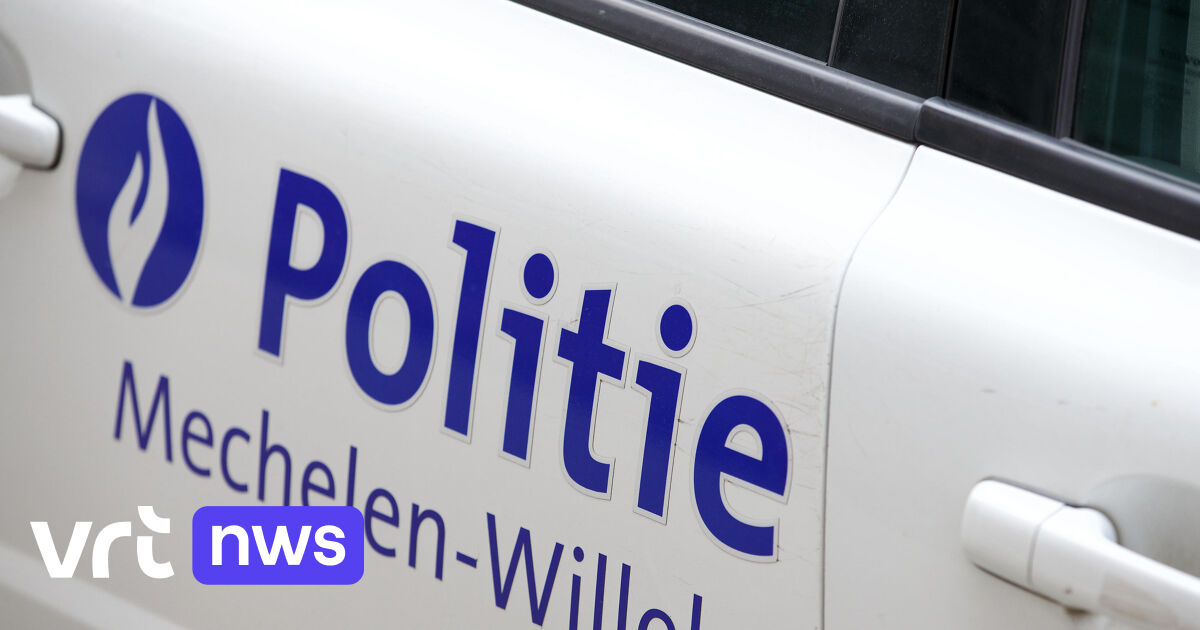Mr. Huang parted with his Hyundai Elantra gasoline. The taxi driver opted for his first electric vehicle, the EU300, of Beijing builder BAIC. Range of 300 km, top speed of 120 km / h, lower cost per kilometer than gasoline, no emission of pollutants… In short, all the advantages of an electric vehicle in a capital of the China who has long suffocated under pollution.
All electric in two years
The municipality of Beijing also aims to convert the 70,000 taxis in circulation to electric within two years. But innovation is elsewhere, more exactly under the hood of the EU300 from Mr. Huang: a battery exchangeable at one of the city’s ninety stations. From the outside, they look like washing stations. Mr. Huang crosses it without getting out of the car: In three minutes, the machine changes my battery from below. I do it once a day.
He pays for the service on a mobile application, which geolocates the nearest station, the number of vehicles queuing there.
Batteries still very polluting
To convince taxis, a majority of which are still reluctant to take the plunge, the municipality offers a subsidy of € 10,000 on purchase, which covers the additional cost of the battery. Other advantages: the exchange is much faster than recharging and a station occupies six times less space than if terminals were required.
There remains a big concern: batteries are polluting to manufacture; even more if they are poorly recycled. However, according to Greenpeace, China should produce 7 million tonnes of batteries before 2030. Another downside: electricity is mainly supplied by coal-fired power stations, with a catastrophic carbon footprint.
– .


